The China-U.S. Agreement on Cooperation in Science and Technology has brought great benefits to both countries as well as the world over the past decades, and throwing it away would be a significant step backward, analysts said.
The agreement, signed in 1979, was one of the first deals inked between China and the United States as the two countries started to normalize diplomatic ties.
Since then, bilateral cooperation in science and technology has expanded in both scope and scale, becoming a fundamental aspect of the overall China-U.S. relationship and benefiting the global community, said He Yun, an associate professor in the School of Public Administration at Hunan University in Changsha.
However, in the past few years, the U.S. has actively hindered the normal cooperation and exchange of science and technology with China. This was done through tactics such as curbing critical technology investments in China, targeting Chinese tech companies, excluding Chinese scientists, and unfairly labeling Chinese students in the U.S. as spies, she said.
Recently, some U.S. lawmakers have also opposed an extension of the agreement on national security grounds. The U.S. State Department only extended the deal for an additional six months, just days before it was to expire on Aug 27.
Kenneth Pomeranz, a professor of modern Chinese history at the University of Chicago, said the agreement is a positive and necessary framework for technological cooperation.
"Having such an agreement with Beijing, as the U.S. does with most technologically sophisticated countries, is a good thing for both sides and for the advance of science and technology worldwide," he said.
There should probably be some adjustments made to the agreement to reflect changing circumstances, as many such adjustments have been made since this agreement was first signed more than 40 years ago, he said.
"But as this history suggests, any further adjustments that are needed can be handled by negotiating annexes to the agreement, as has been done repeatedly before. Throwing out the entire agreement would be a significant step backward," he said.
In late August, Stanford University physicists Steven Kivelson and Peter Michelson wrote an open letter to U.S. President Joe Biden, which was also signed by more than 1,000 scientists and scholars from U.S. universities, saying that the agreement has been of enormous benefit to the U.S..
"We can attest that cutting off ties with China would directly and negatively impact our own research, the work of our immediate colleagues, and the educational mission of our universities," they said in the letter.
Edward Tse, founder and chairman of Gao Feng Advisory Company, said it is indeed a good thing to cooperate based on the China-U.S. Agreement on Cooperation in Science and Technology.
"The development of humanity requires collaboration, especially in the field of science and technology, to progress together," he said.
Sayings debunked
Some people in the U.S. said they do not want to renew the agreement, which implies that some still hope for decoupling in the science and technology field between China and the U.S..
"However, based on my observations, the various statements made by U.S. officials visiting China this year and the extension of the agreement by six months indicate that the U.S. government is reconsidering its strategy toward China, at least in terms of scientific research," he said. "Because I believe the United States now realizes that completely suppressing China's development is not achievable."
Despite facing numerous sanctions from the U.S., China's leading tech firm Huawei caught the world by surprise on Aug 29 with the release of its latest flagship smartphone, the Mate 60 Pro. This smartphone, being hailed for its 5G capabilities and complete ownership of intellectual property, raised questions about the effectiveness of U.S. efforts to impede China's progress in advanced technology.
Tse said both China and the U.S. have their own advantages in the field of science and technology. It can no longer be said that the U.S. is completely dominant in science and technology globally. Both the U.S. and China have their areas of excellence. In terms of business, China has already surpassed the U.S. in the development of technologies in areas such as e-commerce, solar energy, photovoltaics and high-speed rail.
"China and the U.S. both have their strengths, and it would be best for them to learn from each other, for everyone to progress together," he said.
Ben Zhang, founder of Greater Pacific Industries, said that over the past few decades, China has made rapid development and even surpassed the U.S. in some technologies, which makes the U.S. feel nervous, thinking that China is going to challenge the world economic order.
"I believe these are issues that can be solved and moved past with better communication and a healthier dialogue between the two nations," he said. "Less politics and more talk, more collaboration."











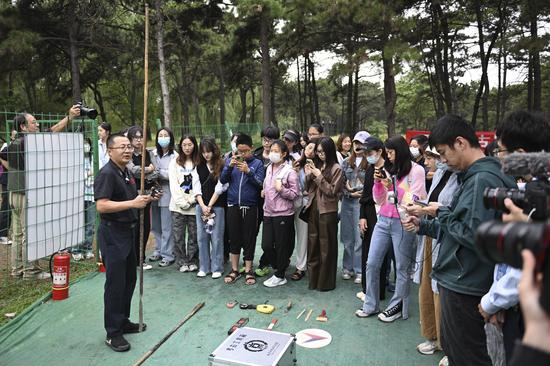
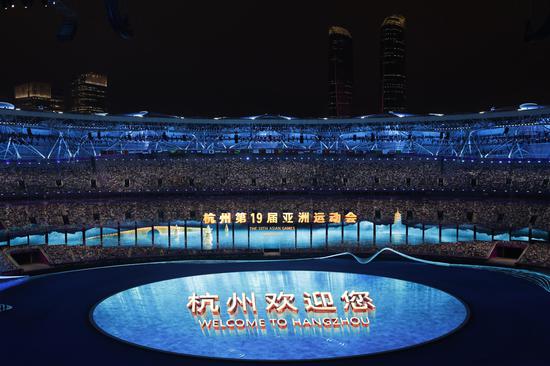




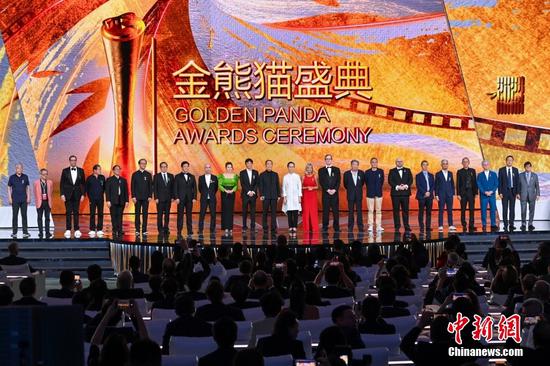










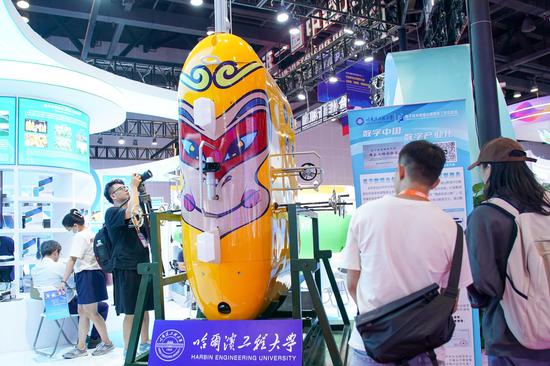





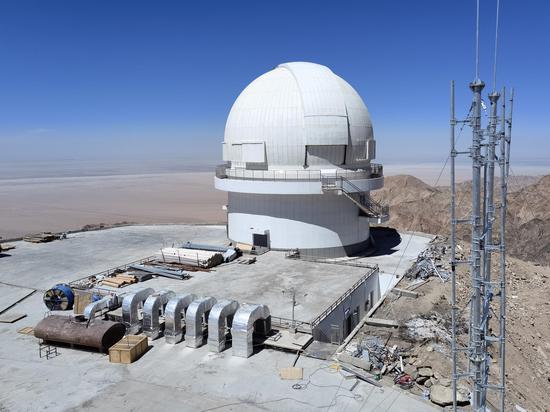



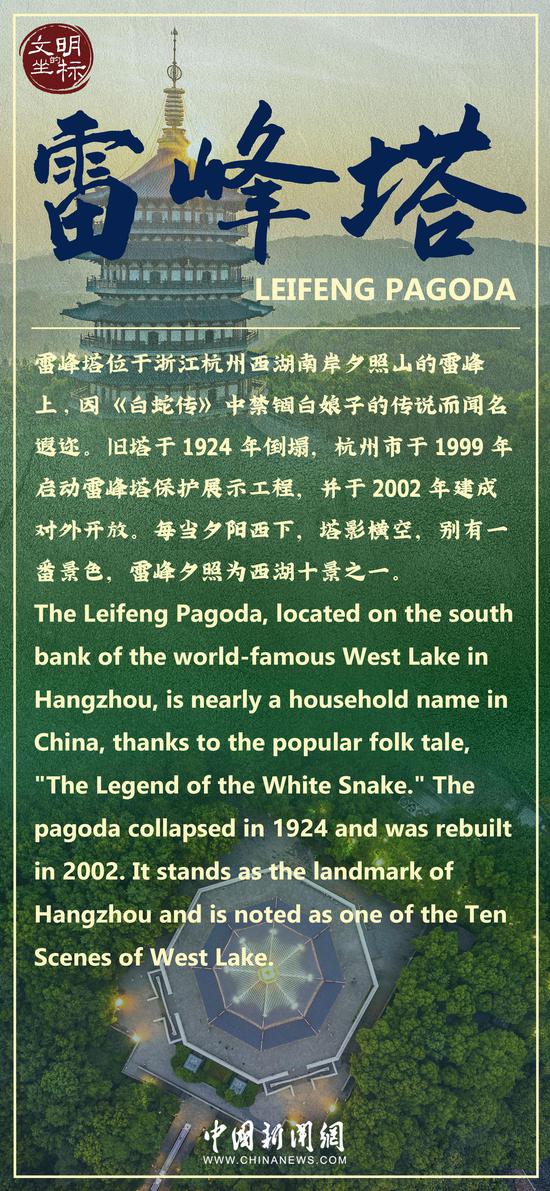





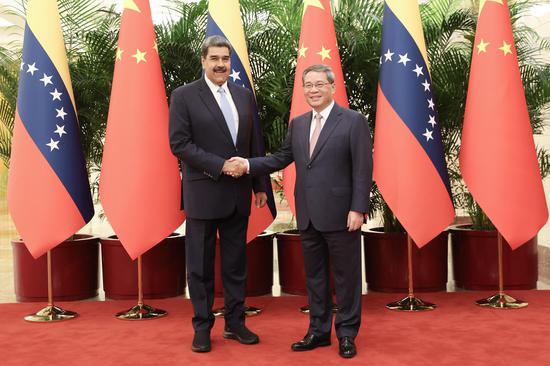





 京公网安备 11010202009201号
京公网安备 11010202009201号